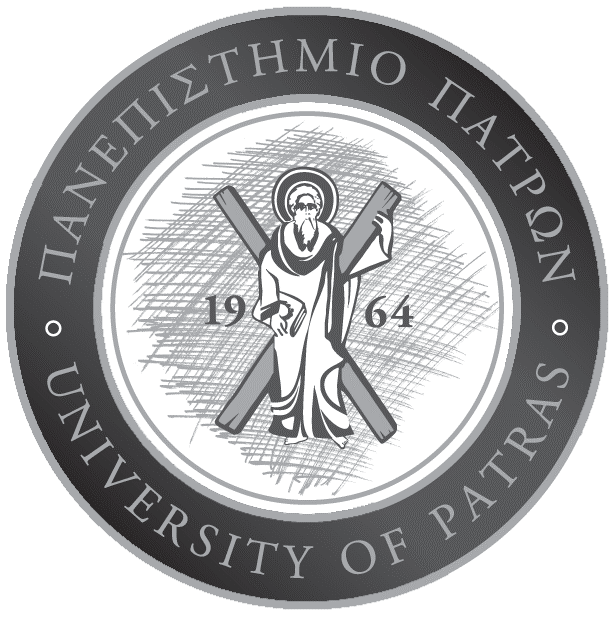Since the academic year of 2018-2019, the postgraduate specialization in “Applied Meteorology and Environmental Physics” has been operating within the Postgraduated Degree Program of the Department of Physics entitled as “Applications of Physics in Atmosphere and Electronics”.
Purpose
The program aims to provide professional skills on the understanding, modeling and forecasting of the atmospheric processes. In every course weekly assignments are requested on the collection, management, processing and production of atmospheric data covering several application needs. The target of the program is to provide to the students applied knowledge (e.g. weather forecast models, models of propagation of electromagnetic radiation in the atmosphere, processing and analysis of ground and satellite measurements) for them to familiarize with the essential modern tools and have an advantage when applying for a post in Meteorology, Climatology and Environmental Physics.
Particular emphasis is placed on the understanding of the physical and mathematical descriptions of a range of atmospheric phenomena through the collaborative use of models and measurements. Thus, the program covers the theoretical basis for various atmospheric phenomena, combined with the use of numerical models for weather, near-surface processes, energy balance, climate and renewable energy sources.
Perspectives
Combined with the courses of the postgraduate program and the research activities of the Atmospheric Physics laboratory, the student gain knowledge and specialization in a range of subjects as:
Weather forecasts: extreme weather events, specialized forecasts, near real time forecasts
Air pollution: air quality, gaseous emissions, measurements, forecasts, environmental impact studies, impact on health.
Atmospheric remote sensing: analysis and processing of information from satellites/radars/terrestrial instruments.
Synergistic use of weather data: data assimilation in models, computing/intercomparison/visualization.
Energy Meteorology: available wind and solar potential, variability and trends, forecasting in spatial scales between 10 m to 100 km, and temporal scales from 1 minute to 3 days.
Climatology: Analysis of climatic data, homogenization of climatic time series.
Climate change: processes impacting the climate, models, climate change mitigation and adaptation measures.
Courses
1st Semester
| Κωδικός Μαθήματος | Τίτλος Μαθήματος | Μονάδες ECTS | Διδάσκοντες |
|---|---|---|---|
| AME11 | Dynamic and Synoptic Meteorology | 10 | Kioutsioukis Ioannis |
| AME12 | Measurements and Data Handling in Atmospheric Sciences | 10 | Argiriou Athanassios |
| AME13 | Radiation-Atmosphere Interaction | 10 | Kazantzidis Andreas |
2nd Semester
| Κωδικός Μαθήματος | Τίτλος Μαθήματος | Μονάδες ECTS | Διδάσκοντες |
|---|---|---|---|
| AME25 | Atmospheric Simulations | 9 | Kioutsioukis Ioannis |
| AME26 | Energy Meteorology | 8 | Kazantzidis Andreas |
| AME26 | Statistical Methods in Atmospheric Sciences | 9 | Argiriou Athanassios |
| AME28 | Atmospheric Pollution Management | 4 | Pandis S. |
3rd Semester
| Κωδικός Μαθήματος | Τίτλος Μαθήματος | Μονάδες ECTS | Διδάσκοντες |
|---|---|---|---|
| AME31 | Master Thesis | 30 |


